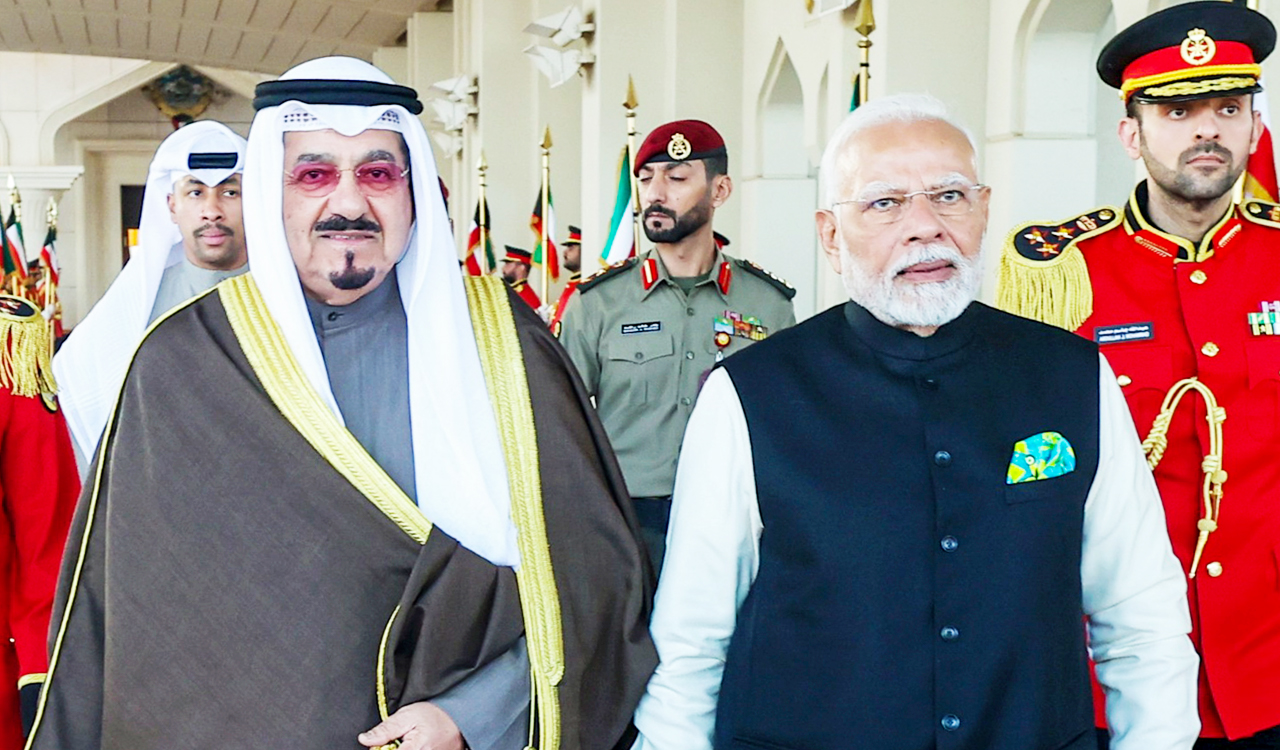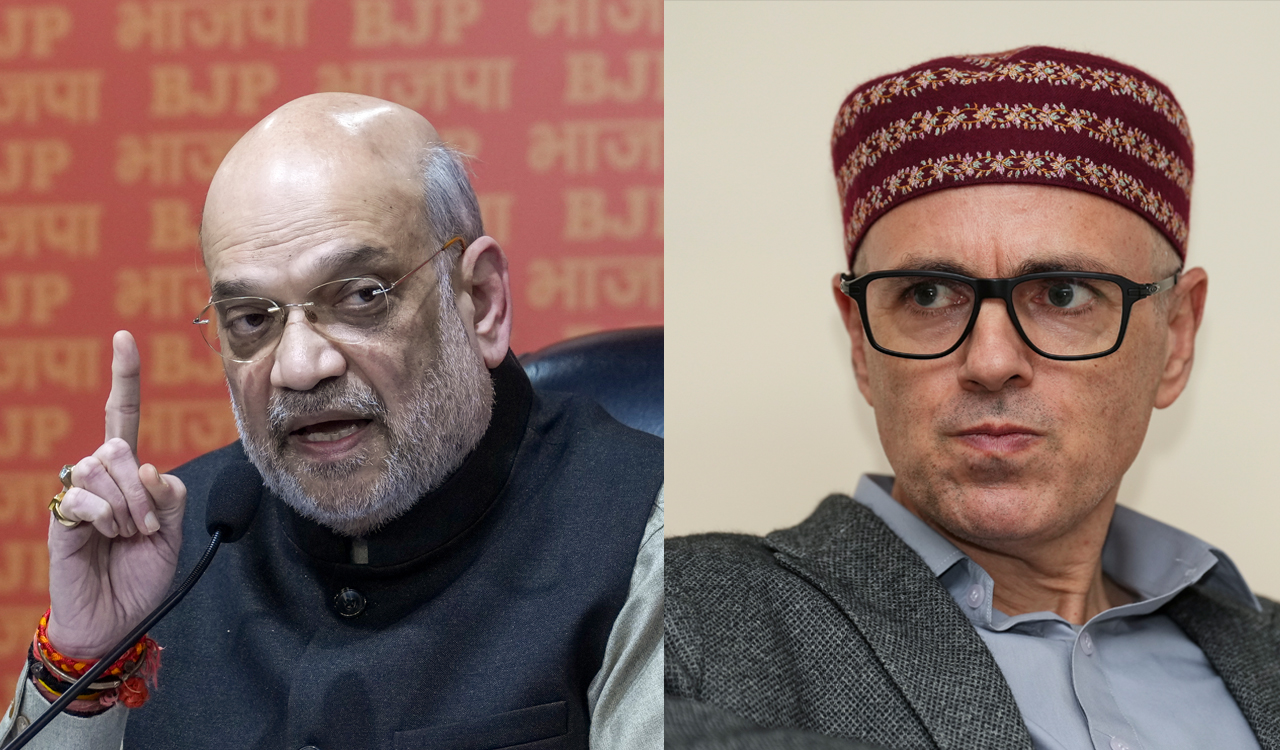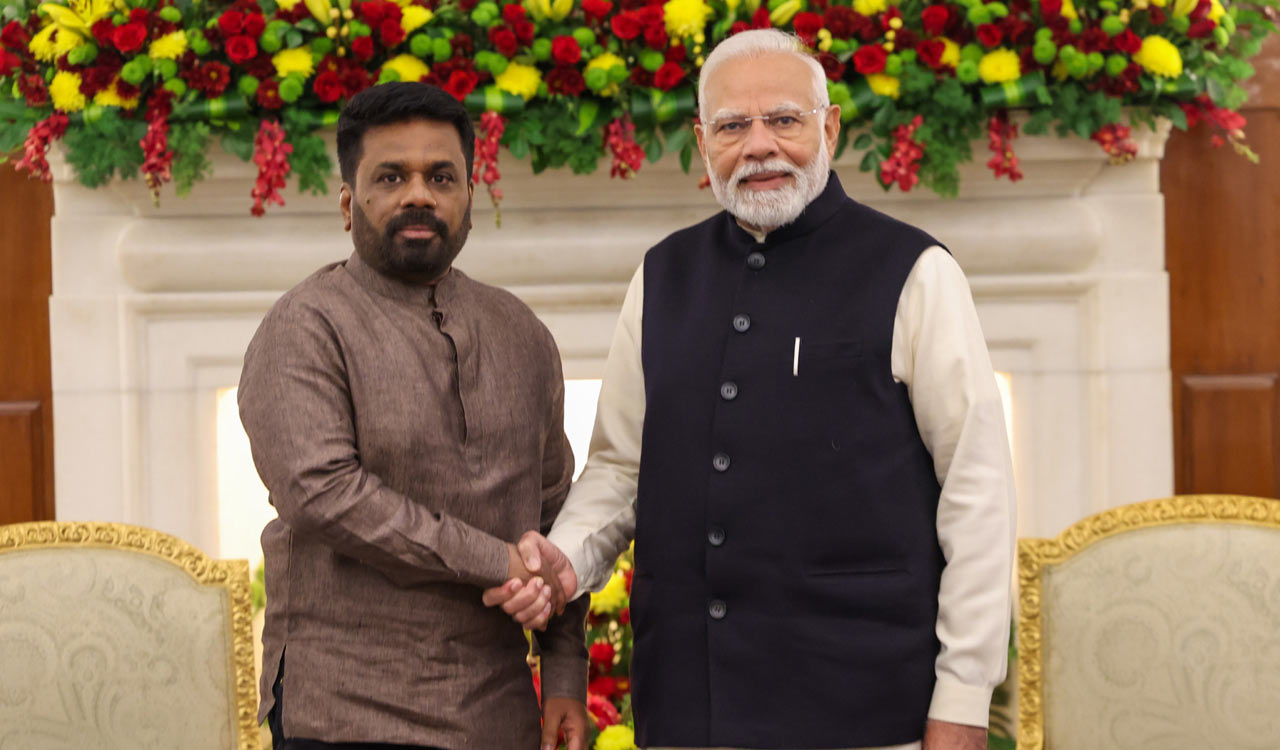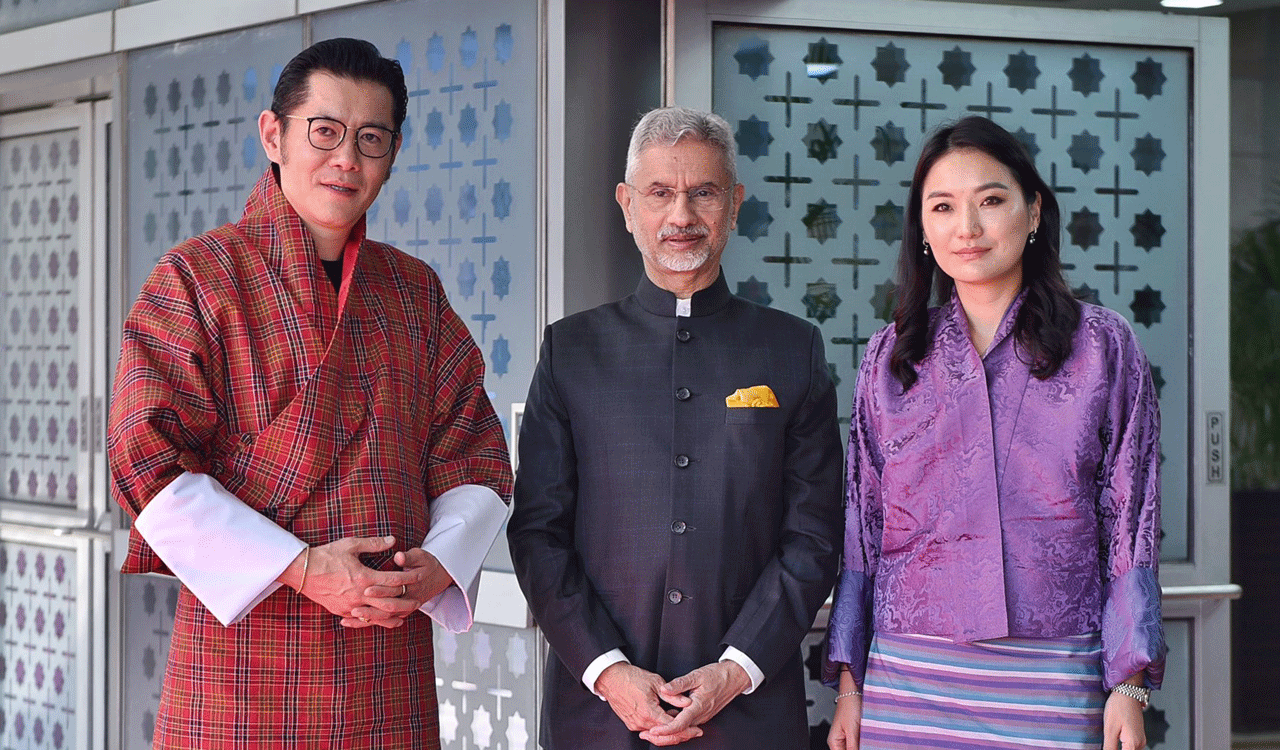Editorial: A new beginning
Omar must prioritise welfare and development over political confrontation with the Centre

Five years after the abrogation of Article 370, Jammu & Kashmir now has an elected government in place, raising hopes of stable governance and a genuine sense of empowerment for the people of the trouble-torn region. Omar Abdullah’s return as the Chief Minister for a second time — his previous stint was from 2009 to 2014 when J&K was a State — marks a new beginning after a tumultuous phase that saw the end of special status, bifurcation of the border State into two union Territories and redrawing of constituency boundaries through the delimitation exercise. Prime Minister Narendra Modi’s expression of support, soon after the oath-taking ceremony, augurs well for the new dispensation and signals a cooperative approach toward the region’s governance and development. The Prime Minister must now walk the talk and restore statehood, a promise made by the NDA government on several occasions in the past. On his part, Abdullah, a dyed-in-the-wool politician who has weathered many a storm, must realise that pragmatism is the way forward in the changed political dynamics. He and his National Conference (NC) leaders are aware of the impracticality of the demand for restoration of the special status. Article 370 is now a thing of the past. The people of J&K have moved on. They want unhindered development and political empowerment at the grassroots, as reflected by the enthusiastic voter turnout during the elections. There has been a paradigm shift in J&K’s politics in the last 10 years.
Despite the roadblocks, the restoration of democratic processes presents immense possibilities. It is now up to the public representatives to live up to their promises. The new government must prioritise welfare and development over political confrontation with the Centre. Lieutenant Governor Manoj Sinha has assured the union Territory’s first elected government that there will be no cause for confrontation from his side. Abdullah too has ticked the right box by picking Surinder Kumar Choudhary from Jammu as the Deputy Chief Minister. The move signalled a genuine effort to balance regional representation between Kashmir and Jammu regions. Restoration of statehood should be the new political goalpost. The people of the violence-hit region are yearning for a change that directly impacts their lives — less of politics, more of developmental activity and redress of local grievances. That is where Omar Abdullah needs to invest his energy. His new tenure is likely to be defined by a delicate balance of addressing the aspirations of his political base while working within the changed constitutional framework imposed by the central government. His pre-poll ally Congress’ decision to stay out of power also poses a challenge that he needs to overcome. His early moves suggest that he understands the weight of the region’s geopolitical changes and is prepared to steer Jammu & Kashmir through these challenging times with a focus on governance, rather than ideology.
Related News
-
Cartoon Today on December 25, 2024
7 hours ago -
Sandhya Theatre stampede case: Allu Arjun questioned for 3 hours by Chikkadpallly police
8 hours ago -
Telangana: TRSMA pitches for 15% school fee hike and Right to Fee Collection Act
8 hours ago -
Former Home Secretary Ajay Kumar Bhalla appointed Manipur Governor, Kerala Governor shifted to Bihar
8 hours ago -
Hyderabad: Organs of 74-year-old man donated as part of Jeevandan
8 hours ago -
Opinion: The China factor in India-Nepal relations
9 hours ago -
Telangana HC suspends orders against KCR and Harish Rao
9 hours ago -
Kohli and Smith will be dangerous and hungry: Shastri
10 hours ago




